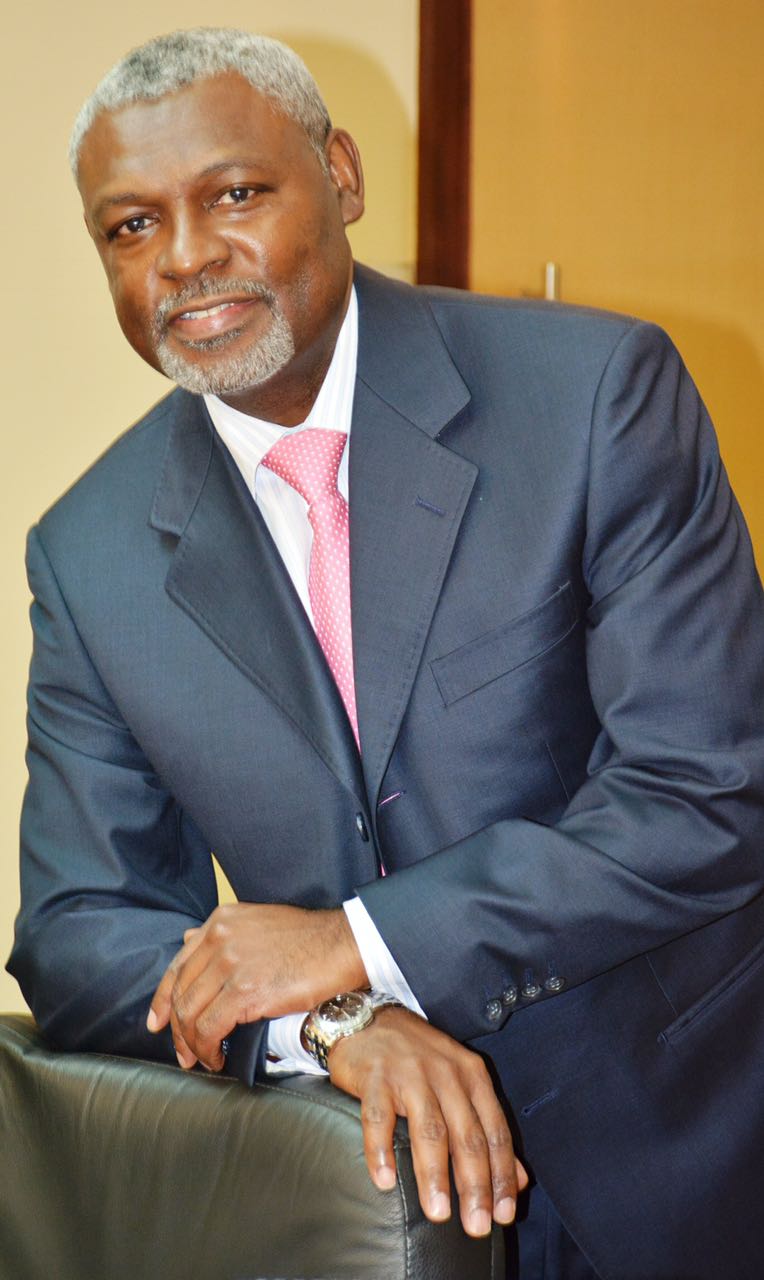Gulf African Bank (GAB), the first Shari’ah-compliant financial institution in East Africa, was licensed by the Central Bank of Kenya in 2007. The bank began its operations in 2008.
Shari’ah-compliant banking is still relatively a new concept in Kenya with awareness still very low even among Muslim communities. During an interview with Kenyan Wall Street, Abdalla Abdulkhalik, CEO Gulf African Bank, observed that the ten years they have been in Kenya have not been sufficient to fully increase awareness. However, he is of the opinion that they could have done better.
“When you introduce any new product, the first things you look at are the beneficiaries of that product and that would be the target market. In this case, that would be the Muslim community because it is something that conforms to their faith […]. The next thing is now to educate others,” he stated.
Opportunities for SMEs at GAB
Gulf African Bank offers unsecured financing and advisory services to SMEs. Additionally, GAB will be holding workshops in collaboration with different institutions such as Chamber of Commerce in order to educate SMEs on the opportunities available.
“The underlying principle of Shari’ah banking is to empower communities. So, when [we target the SME sector], we give them a service that will empower and enable them to do business,” Abdulkhalik said.
What is the effect of interest rate caps on GAB?
Gulf African Bank uses rates to benchmark the pricing of its products. “Therefore, there is an impact in the sense that the rate has been fixed and we do not have any leverage to maneuver […].”
What’s more, GAB’s CEO said the biggest problem all banks face in fixing the rate is that it does not address the risk element of financing. “I am not totally opposed to fixing the rate [because] maybe it will create some sort of discipline in the market. However, I would like to see the risk being priced.”
Infrastructure financing at GAB
GAB has a diversified loan portfolio that includes infrastructure finance. The CEO stated, “We as a bank are diversifying and trying to go into new territories such as aviation, trade, and housing. These [sectors] collaborate very much with our principles.”
Will IFRS 9 rules affect Islamic banking?
International Financial Reporting Standard 9 (IFRS 9) was implemented at the beginning of 2018. The IFRS 9 was created to enhance governance in accounting for financial instruments. According to Abdulkhalik, IFRS 9 will affect both conventional and Islamic banking. “IFRS will affect all loan facilities and it will change the scope of doing things. The biggest challenge could be in the unsecured loans that banks give,” he explained.
What are the future plans of GAB?
The CEO mentioned that GAB is working on the digitisation of its services. Abdulkhalik said the bank’s largest part of this year’s expenditure will be dedicated to digital banking. In addition, most of the digitising projects will have been implemented by the end of 2018. As a result, digital banking will enable GAB to reach customers in the counties the bank does not currently serve.
“I want to encourage the people out there to find out more about Islamic banking. This is definitely not a product just for Muslims. We are selling a financial product that we think is very ethical, transparent, and easier to deal with than any other conventional product out there. People need to understand that there is a lot more to Islamic banking than interest rates. We encourage people to talk to us and see what we have to offer,” the CEO concluded.
RELATED; How Inuka na SME Program seeks to empower businesses


